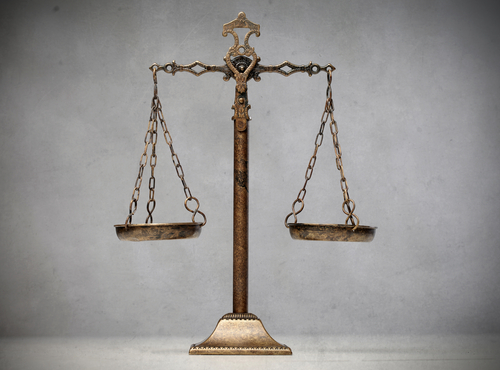
The Lower House debated last Thursday with Minister Lodewijk Asscher based on research of the Sociaal en Cultureel Planbureau (Institute for Social Research, SCP) in June 2015 in order to combat discrimination against ethnic minorities. It shows that natives with the same qualifications are more likely to have found a successful job than Dutch with a Hindu background and natives have twice as much chance of a job compared to a Moroccan with the same qualifications. This indicates a time for a change in mentality among businesses and in particular the staff and HR departments.
In an effort to address labour market discrimination, Asscher announced that companies will be prosecuted for discrimination, and will be no longer eligible for public procurement. The parties noted that the measure has little effect.
The problem, according to the parties, is that it is difficult to prove the existence of discrimination in the legal process. Unlike emails - where the applicant is mistakenly informed that their origin, colour, or religion is the reason for the rejection - it is difficult to prove the existence of discrimination. And that has to change.
Approachable
D66 has the plan to involve the College of the Rights of Man at the exclusion of discriminatory companies.
“The College deals with more cases and more accessible,” says D66 member Van Weyenberg. A decision of that body should be sufficient to exclude a company public. The audits of labour inspectors should involve proposals made by Asscher.
“The inspection checks all policies to prevent discrimination,” says Karabulut. “Let their be inspections not only in policy but also on key individual cases of discrimination.” Simultaneously, the parties state that labour market discrimination, whether unconsciously, can not only be combated by the government. It is important that the government sets a standard and that can in clearer terms.
Coarsening debate
Together with her fellow MP Van Weyenberg, Karabulut sees that the hardening of the political debate has begun contributing to an atmosphere of intolerance towards Dutch people who look different or have a different name and that climate seeping through the labour market.
“Statements like Wilders 'less Moroccans' and the tone in the refugee debate reinforces the negative climate,” Van Weyenberg notes. “This kind of reaction puts people off politics on the basis of colour or creed.” Nevertheless, he is optimistic. “It also created a negative climate where there are opposites, I see Dutch people who are trying to make a difference.”
